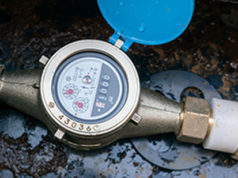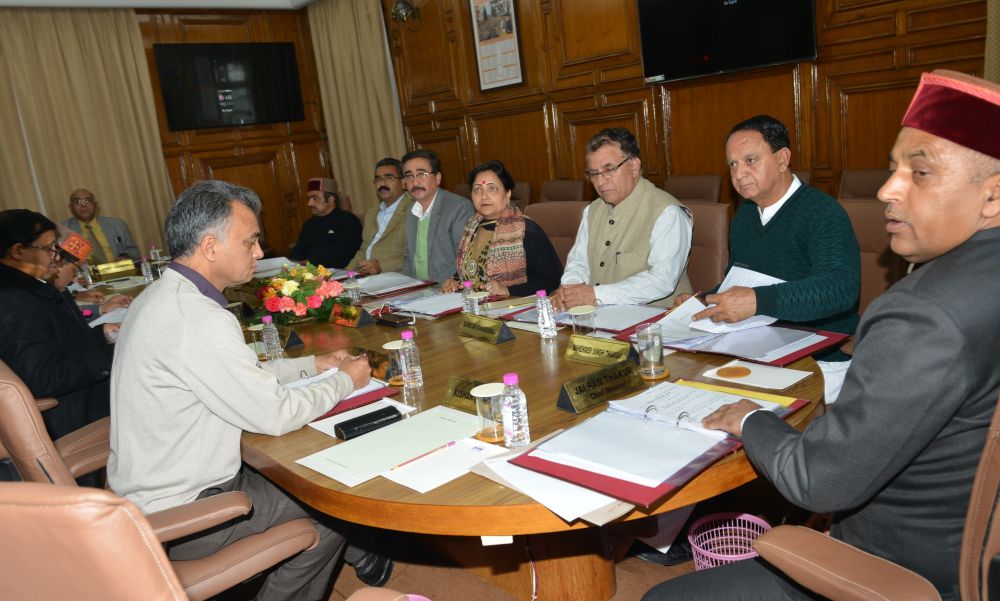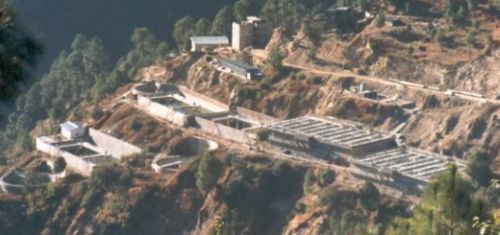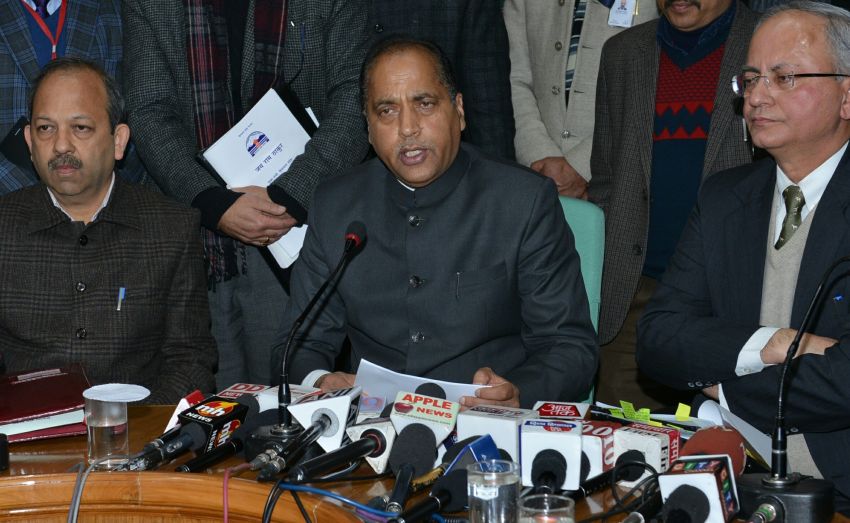Shimla – The Pollution Control Board (PCB) has issued a substantial fine of Rs 95.62 lakhs against the Shimla Jal Prabandhan Nigam Limited (SJPNL) for its failure to adequately treat sewerage water in Shimla.
The fine, categorized as Environment Compensation, was imposed due to SJPNL’s non-compliance with treatment regulations at the Lalpani Sewerage Treatment Plant. Additionally, SJPNL has been directed to settle the initial penalty amounting to Rs 31.87 lakhs. Failure to do so within the stipulated 15-day period will result in further legal action under the Environment Protection Act, 1986, and the Water Prevention and Control of Pollution Act, 1974.
The Lalpani Sewerage Treatment Plant, under SJPNL’s jurisdiction, has been under scrutiny for its inadequate treatment processes, leading to pollution downstream. PCB’s regular sampling of treated water from March 27, 2021, to August 15, 2022, and subsequently from September 13, 2022, to May 30, 2023, revealed deviations from environmental standards outlined in the Environment Protection Act, 1986.
This neglect is particularly concerning as the treatment plant is located within the catchment area of the Ashwani Khad, one of Shimla’s polluted rivers. Despite repeated warnings from the PCB’s regional officer to rectify the situation, SJPNL failed to take appropriate measures to address the violations.
This latest fine adds to the previous penalty imposed on SJPNL by the PCB on January 7, 2022, amounting to Rs 31.87 lakhs, which remains unpaid.
The PCB emphasizes that continued non-compliance will result in escalating fines and potential intervention by the National Green Tribunal (NGT). SJPNL must prioritize corrective measures to ensure effective treatment of Shimla’s sewerage water, safeguarding public health and the environment.
Since 2007, Shimla City has grappled with recurring waterborne diseases, notably jaundice, on numerous occasions. Investigations have revealed a direct correlation between untreated or inadequately treated water flowing into the Ashwani Khad and the subsequent spread of jaundice within Shimla city. Furthermore, the contaminated water from the Ashwani Khad has been identified as a contributing factor to jaundice outbreaks in Solan city as well.
Given this history, the proper treatment of sewage water in Shimla City is of paramount importance. Any negligence in this regard not only jeopardizes public health within Shimla but also poses a significant risk to neighbouring regions such as Solan. Stringent measures must be implemented to ensure the effective treatment of sewage water, thereby preventing the recurrence of waterborne diseases and safeguarding the well-being of residents across the region.











